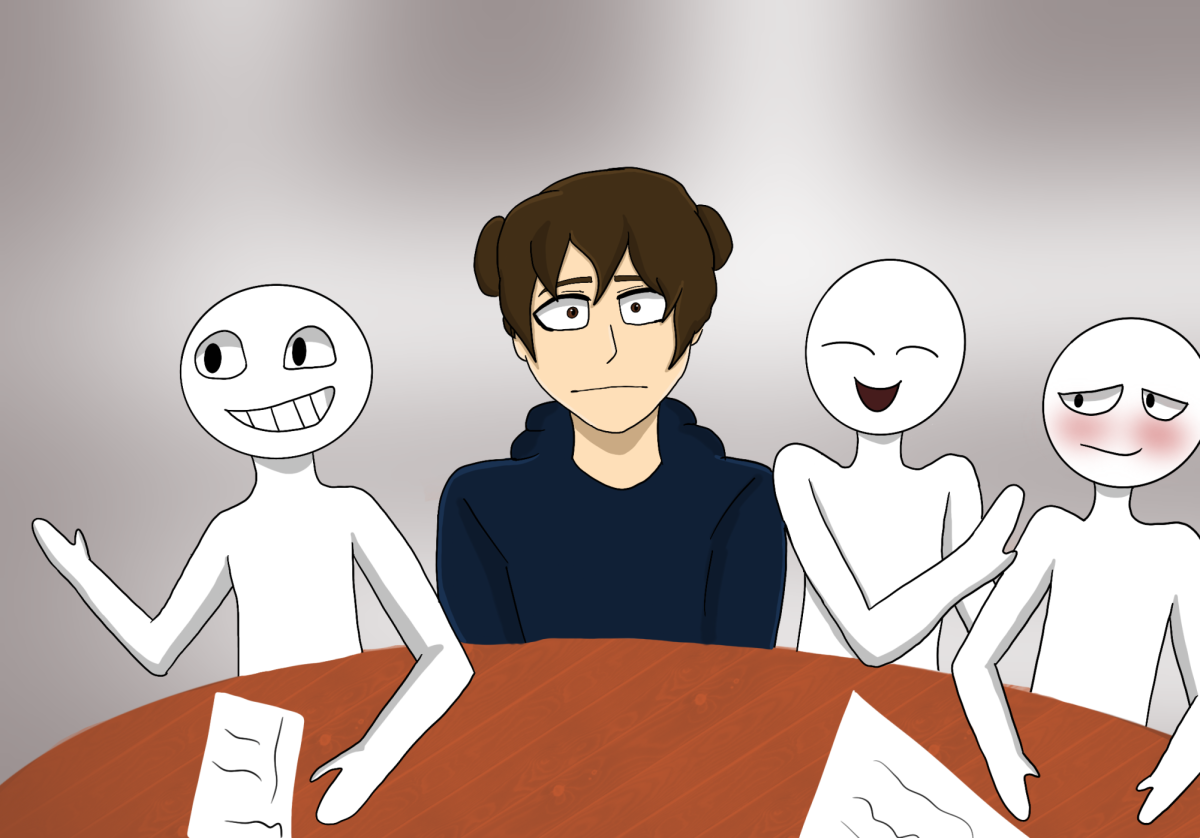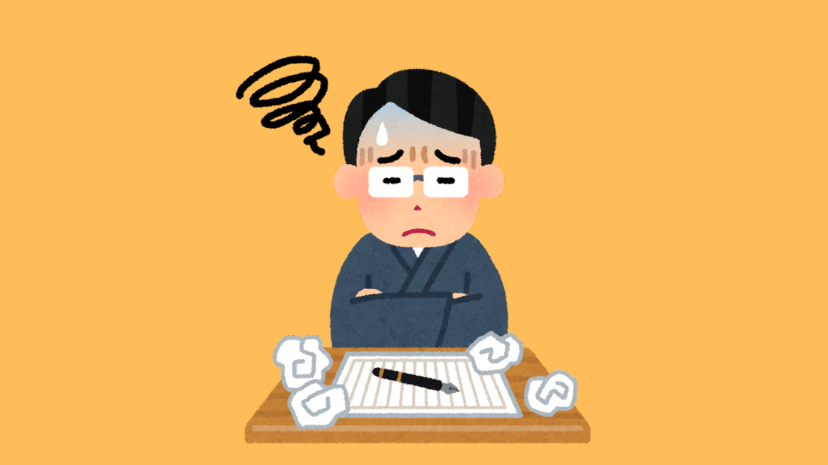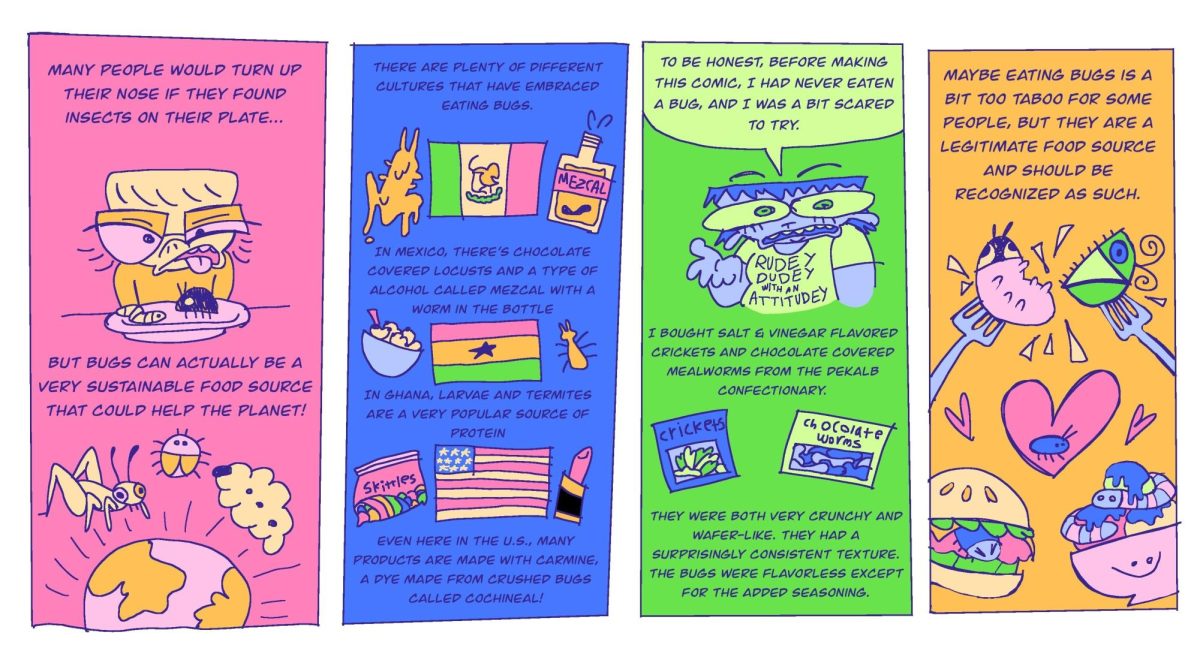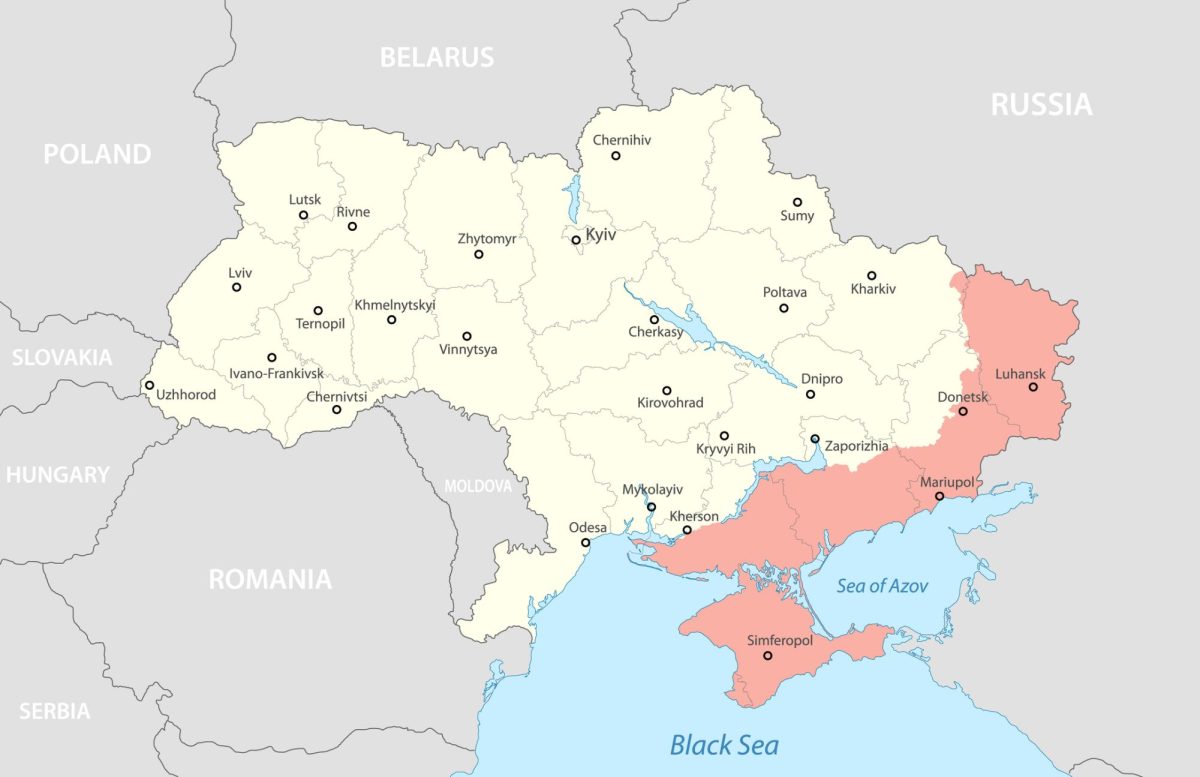Every semester, students from all fields face the dread of group projects. Whether the students are highly motivated or just hoping to pass class, they hate working on group assignments that count for a significant percentage of their grades.
Group projects are unfair because some students expect others to do most of the work and some pick up the slack.
Brian Bender, a distinguished scholar in the Department of Operations Management and Information Systems, believes group projects are extremely beneficial.
“Outside of academics, you’re gonna be working with a team,” Bender said. “You’re gonna be working with a group and frequently, you don’t get to choose who your group members are.”
The problem is not students collaborating. The problem is someone on the team will have to contribute more than their fair share because other students will make excuses to do the bare minimum.
Guadalupe Olivo, a senior psychology major, said she doesn’t like depending on others for grades.
“I don’t like them because I feel like it’s really hard to divide up the work evenly,” Olivo said. “I feel like there’s definitely been times where people have to pick up the slack of others to not let it impact our grade.”
Even when the work gets divided, students work individually on their portion because it’s more time-efficient. When each member is responsible for their portion, students risk getting a lower grade.
“The learning objectives are to have a group of people that are working together for a united outcome, so they’re all working together for the same end goal,” Bender said. “And to help them realize that the outcome is not always personal or individual. Sometimes, it’s really to the group’s benefit, even if the group isn’t all doing the exact equal amount of effort or putting in the same amount of effort on the project.”
Finding time to get together as a group is also a hardship. Many students have other classes and responsibilities, so finding a time when all group members are free can be challenging.
“It’s been really hard to, like, try to connect with, like, classmates and find time where we can all meet and divide up the work evenly,” Olivo said.
Even when a student takes the initiative to communicate with the rest of the team, some students will ghost them or respond back late.
“What I usually do is help encourage students to communicate with their team members and resolve it internally,” Bender said. “So, I play kind of a coaching role, rather than a mitigating role, and to coach them and to make sure that they’re communicating properly and frequently with their team members.”
Although group projects have benefits, like developing stronger communication skills and learning to work collectively, students prefer working individually.
“A lot of times, we’re working together collectively for that end goal, and so learning how to do that in a relatively safe environment of academia, I think is a really good opportunity,” Bender said.
Professors use group projects to prepare students for the real world, where students will work with others for the same outcome. Still, there should be better ways to incorporate teamwork.
“I feel like there are just better tools to, like, show how you’re able to work in a group and work collaboratively,” Olivo said.



















